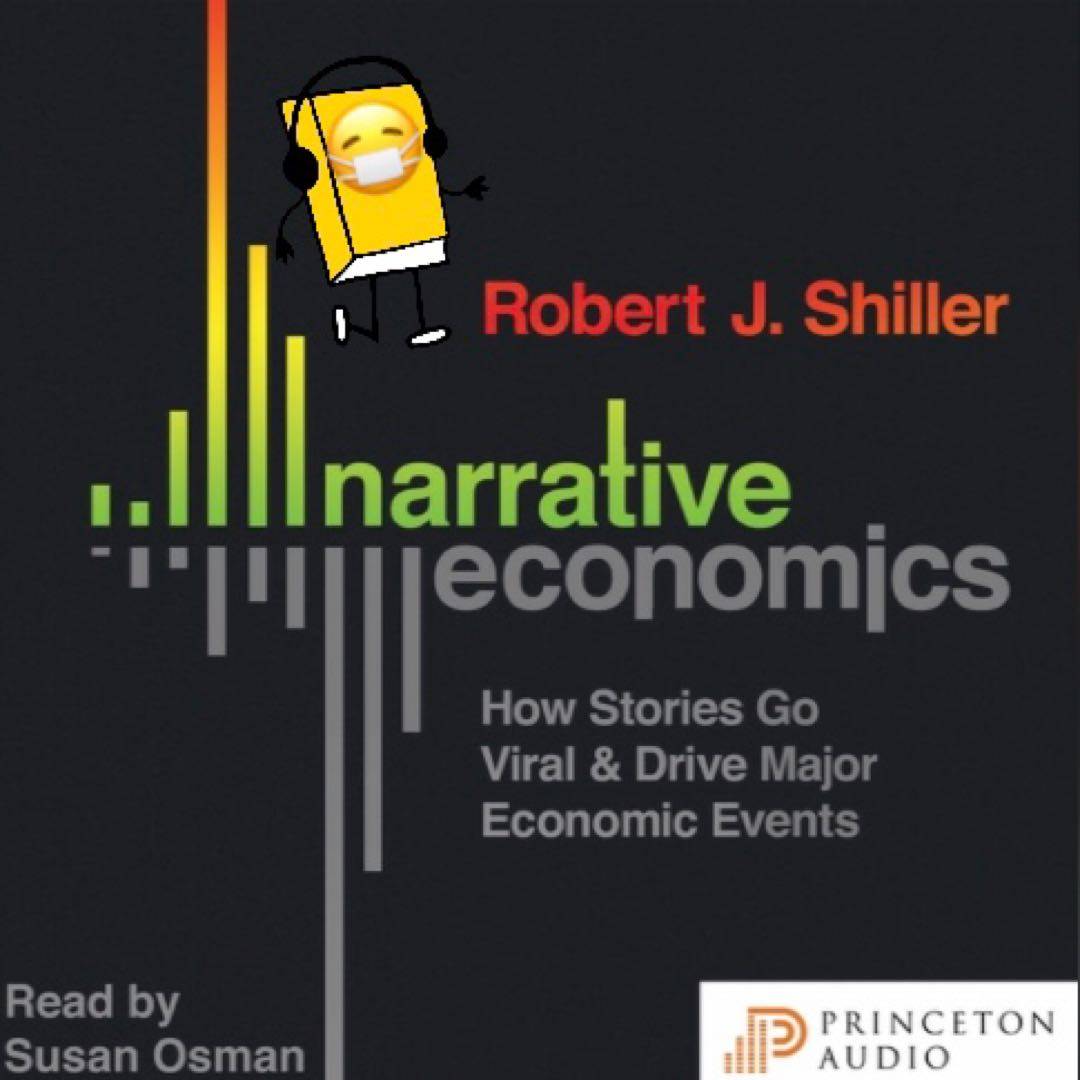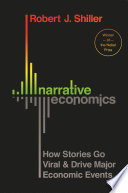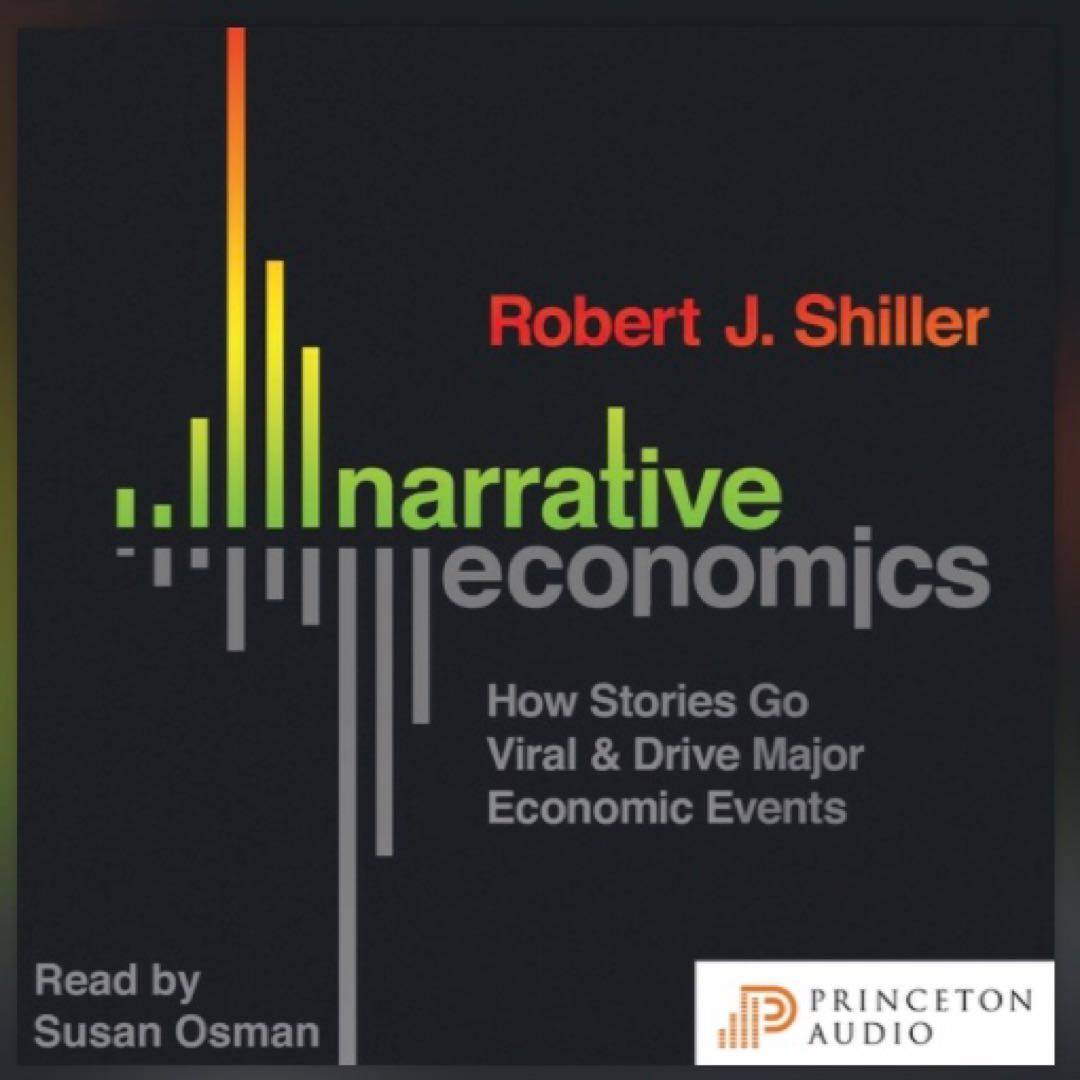
This is an interesting look at how stories created to explain major economic events (like recessions & stock market crashes) are spread through word of mouth. False or misleading information is then used by the general public to make unsound financial decisions. Examples: land speculation, inflation, fears about labour-saving devices & automation. Shiller‘s style is a little dry & repetitive, but I enjoyed the #audiobook read by Susan Osman.














